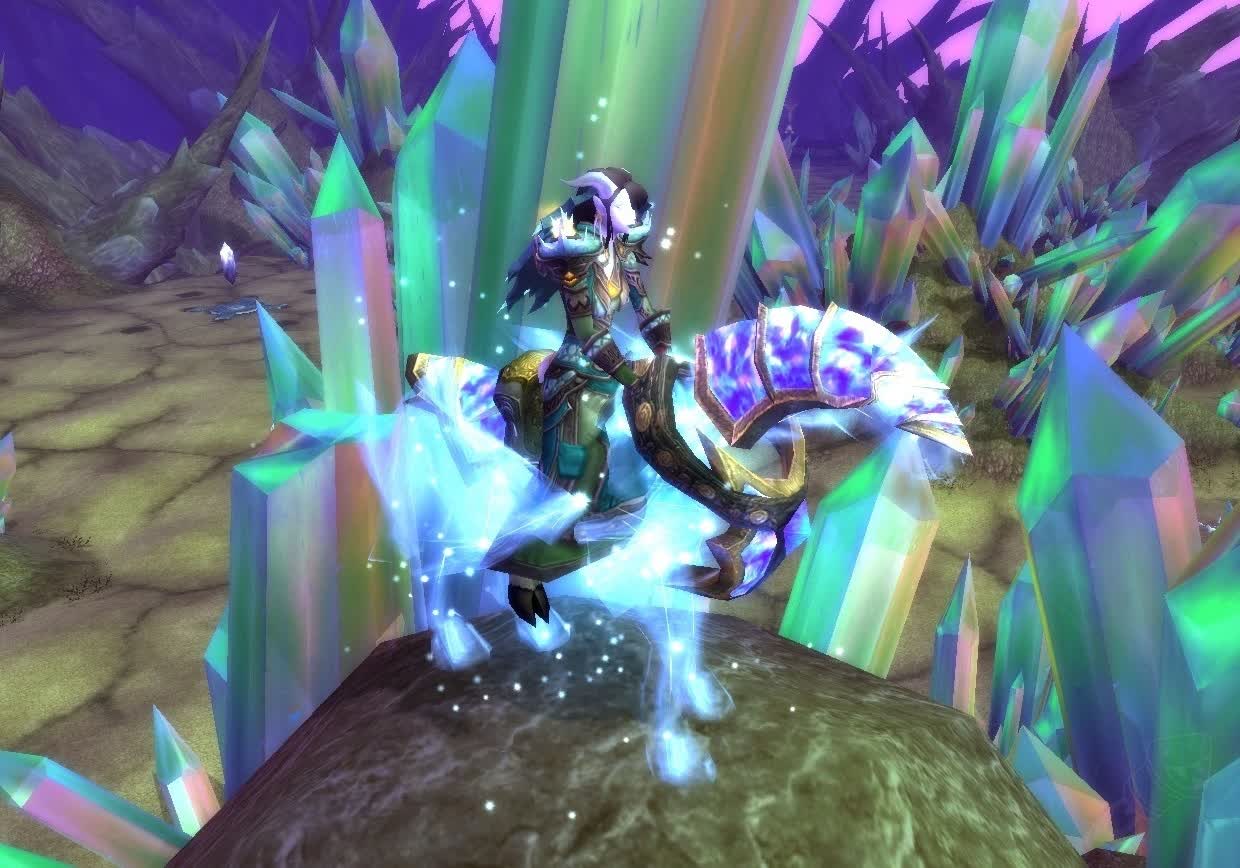WTF?! Most people really hate microtransactions, to the point where games are sometimes review bombed over what users perceive as developers being greedy. So, why do companies continue to adhere to this practice? A former Blizzard employee summed it up in one perfect example: "A $15 microtransaction horse made more money than StarCraft 2."
Jason Hall started Washington state-based indie team Pirate Software in 2017 after many years of being an employee at Blizzard, where he worked on games such as Diablo 3, World of Warcraft, and Overwatch.
In a short on Pirate Software's YouTube channel, Hall talks about something that has brought Blizzard plenty of infamy: microtransactions. He claims that the first sparkle pony mount, officially called the Celestial Steed, that was released for World of Warcraft in April 2010 made more money than StarCraft 2.
Hall said that the Celestial Steed cost $15, but it was actually $25 at launch, something that ignited plenty of anger back at the time. But, as we've seen throughout microtransaction history, gamers' fury did not result in the Steed becoming a failure. Within three hours of its release, the queue for the mount was seven hours long with 140,000 people waiting to hand over their money. That number of sales would have brought in $3.5 million for Blizzard, in less than a day.
StarCraft II: Wings of Liberty had reportedly sold more than 3 million units worldwide just two months after it released in July 2010, and 6 million by the end of 2012. Blizzard said that by the end of 2017, the entire StarCraft franchise had generated revenue of over $1 billion.
"That's the whole meme, dude," Hall said, before eloquently explaining, "You're wondering why these companies do microtransactions? Because dipsh*ts keep buying all of them."
Blizzard continues to receive criticism for its inclusion of microtransactions today. The mobile-focused Diablo Immortal has the third-worst user score ever on Metacritic, yet the free-to-play mobile game made $50 million in its first month of release alone. There are also microtransactions in the very successful (and full price) Diablo 4, albeit to a lesser extent. The bottom line is that as long as they keep making millions of dollars, don't expect microtransactions to go away, no matter how much pushback they receive.
h/t: Game World Observer
